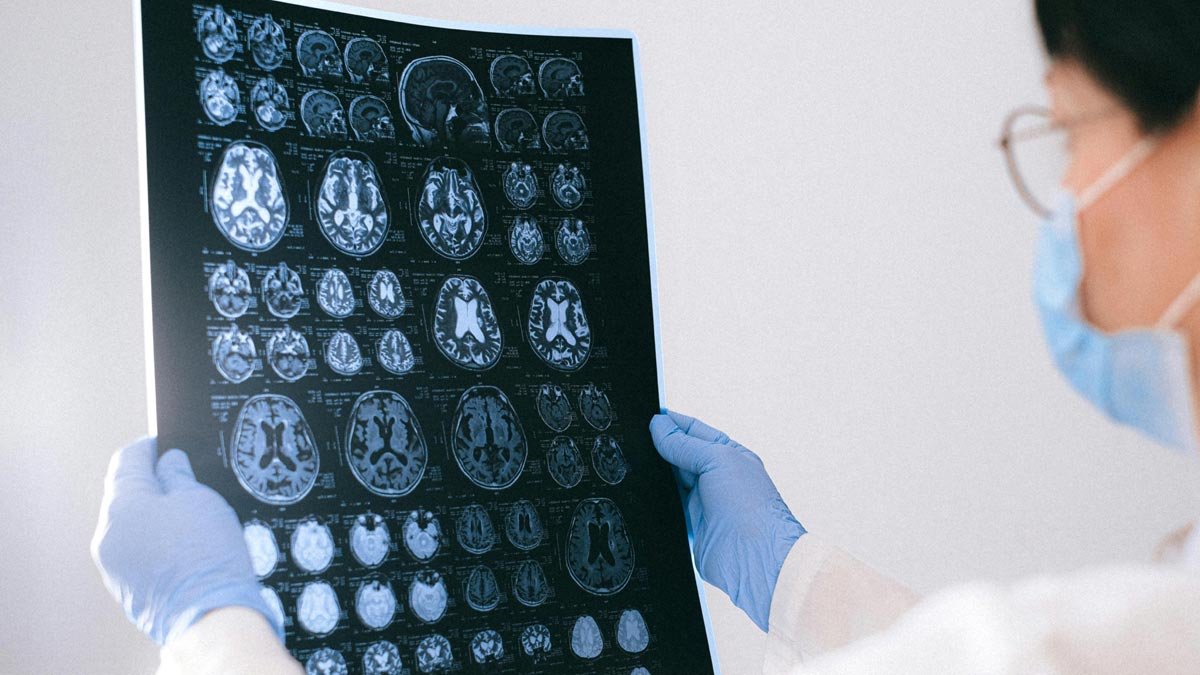Promising Developments in Alzheimer’s Treatments Show Hope for the Future : Recent advancements in Alzheimer’s disease research and treatment have shown significant promise, bringing hope to patients, caregivers, and medical professionals. This surge in optimism is driven by the development of new drugs and treatment strategies aimed at combating this debilitating condition.
Groundbreaking Drugs: Donanemab and Kisunla
Eli Lilly’s drug, donanemab, has been a focal point in recent discussions about Alzheimer’s treatment. This anti-amyloid antibody has demonstrated the ability to slow cognitive decline in patients with early symptomatic Alzheimer’s. According to research, donanemab targets amyloid plaques, which are hallmark features of Alzheimer’s disease, potentially slowing the progression of the disease in its early stages.
Kisunla, another promising treatment, has shown encouraging results in clinical trials. This drug also targets amyloid plaques but employs a different mechanism, which could provide a complementary approach to existing therapies. The U.S. Food and Drug Administration (FDA) is currently reviewing Kisunla, and there is cautious optimism about its approval and potential impact on the treatment landscape.
The Science Behind the Treatments
Both donanemab and Kisunla represent a new class of Alzheimer’s treatments that focus on the early intervention and reduction of amyloid plaques. These treatments are particularly significant because they address the disease’s progression rather than just alleviating symptoms. By targeting the underlying pathology, these drugs offer a more effective strategy for managing Alzheimer’s disease, particularly in its early stages.
Clinical Trials and Efficacy
Clinical trials have shown that donanemab can significantly slow cognitive decline in patients with early Alzheimer’s, providing a potential breakthrough in treatment options. The trials indicated that patients receiving donanemab experienced a slower rate of decline in memory and thinking skills compared to those receiving a placebo.
Kisunla, similarly, has shown promise in clinical trials, with data suggesting that it can effectively reduce amyloid plaques and slow disease progression. The FDA’s review of Kisunla is eagerly anticipated, as approval could provide patients with another powerful tool in combating Alzheimer’s.
Broader Implications for Dementia Treatment
These advancements are not only significant for Alzheimer’s but also have broader implications for other forms of dementia, such as Lewy body dementia. Understanding the mechanisms of amyloid plaque formation and its role in cognitive decline could lead to breakthroughs in treating various types of dementia.
Addressing Misconceptions: Dementia vs. Alzheimer’s
It’s crucial to understand the difference between dementia and Alzheimer’s disease. Dementia is an umbrella term for a decline in cognitive function severe enough to interfere with daily life, while Alzheimer’s is a specific disease and the most common cause of dementia. Addressing these misconceptions is vital for early diagnosis and treatment.
Recognizing Early Dementia Signs
Early signs of dementia can include memory loss, difficulty performing familiar tasks, problems with language, and changes in mood or behavior. Recognizing these early symptoms is essential for seeking timely medical intervention and potentially benefiting from new treatments like donanemab and Kisunla.
Looking Ahead: The Future of Alzheimer’s Treatment
The advancements in Alzheimer’s treatment reflect a broader trend towards more personalized and effective medical interventions. As our understanding of the disease improves, so too does our ability to develop targeted therapies that can improve the quality of life for patients and their families.
Conclusion
The recent developments in Alzheimer’s treatments with drugs like donanemab and Kisunla offer hope and highlight the importance of continued research and innovation. These treatments, currently under review and showing promising results in clinical trials, could mark a significant step forward in the fight against Alzheimer’s and other forms of dementia.
Related Videos:
Related Infographics:

















